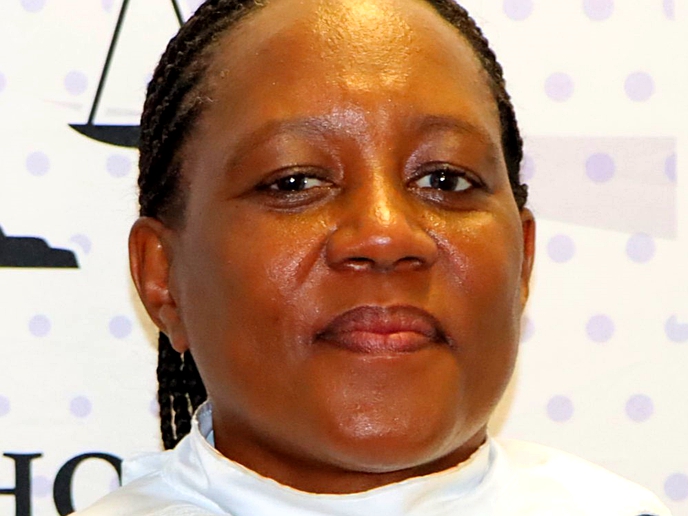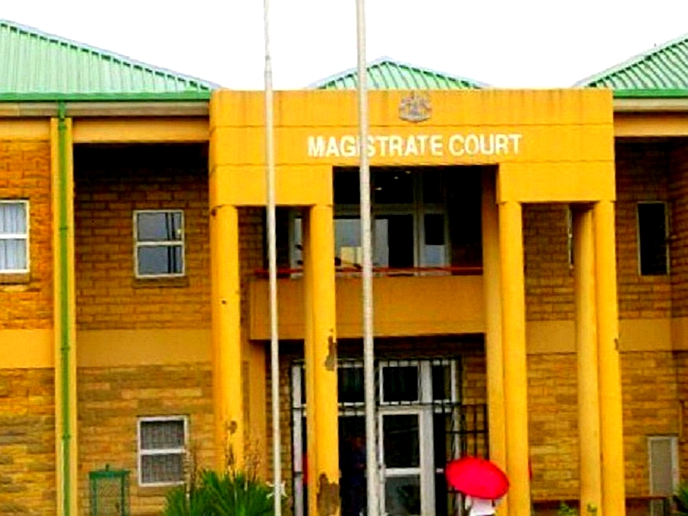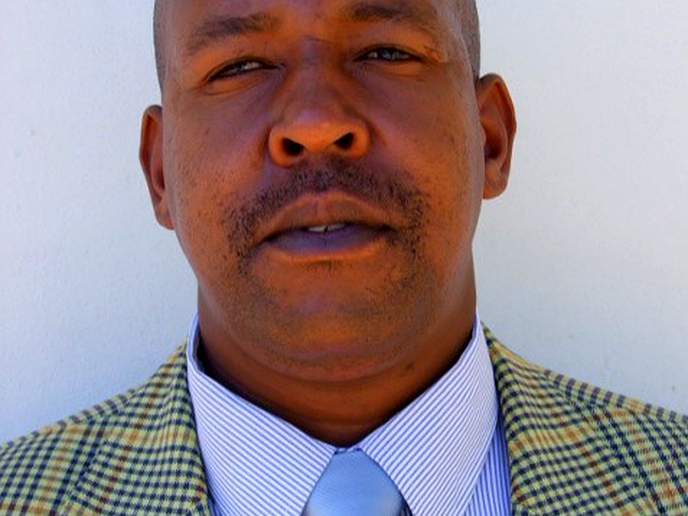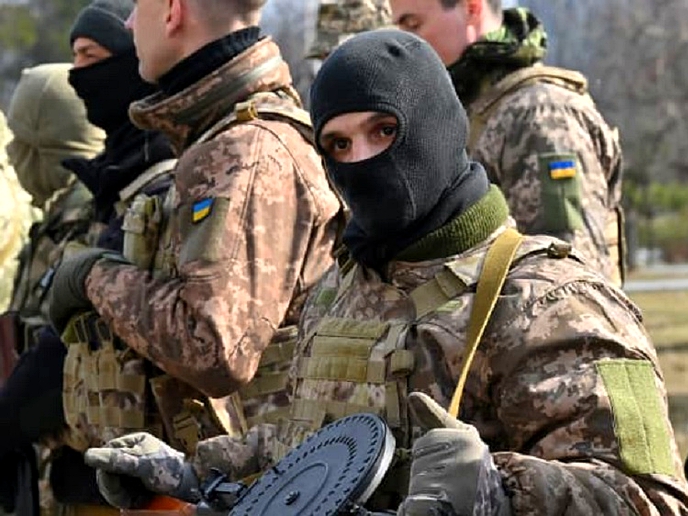ASIDE from sanctions, which came swiftly and in a surprisingly unified way by the West, one of the biggest dilemmas for the West is how much military assistance it could and should extend to Ukraine.
news
March 14, 2022
OWN CORRESPONDENT
4 min read
NATO’s dilemma in Ukraine/Russia war
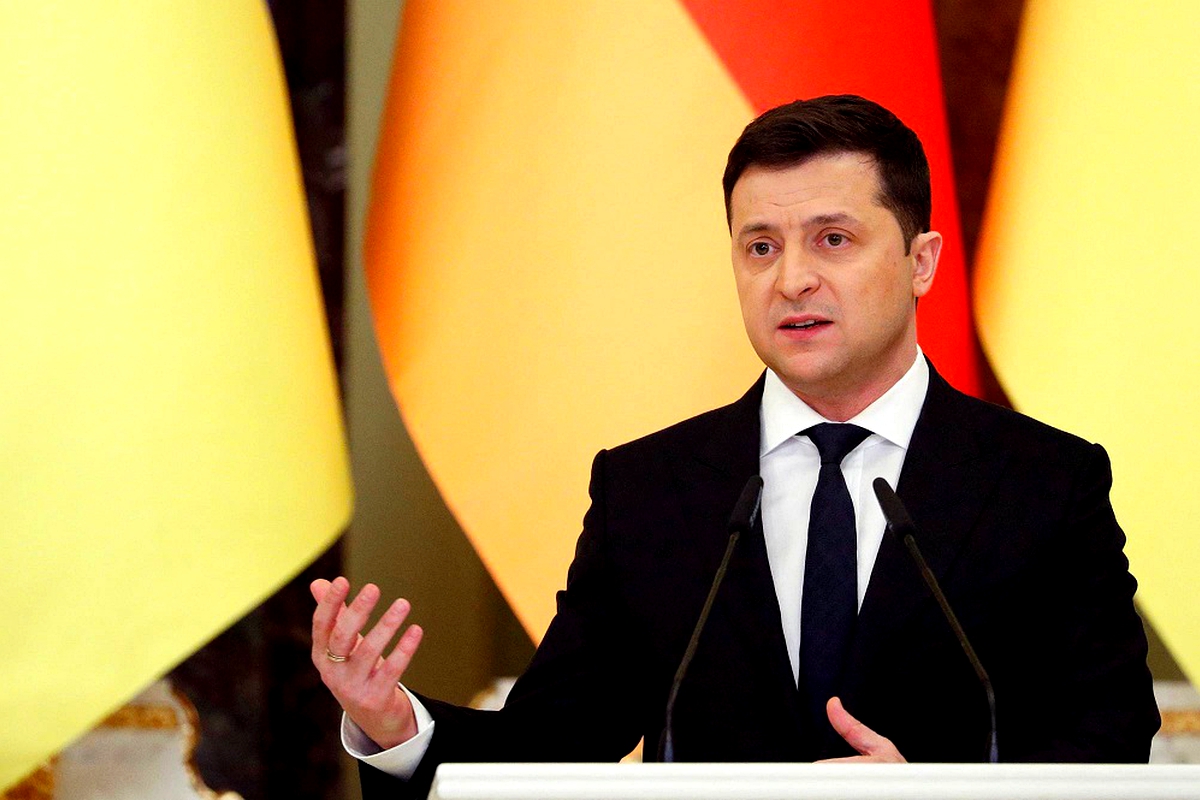
President Volodymyr Zelenskyy of Ukraine
Story highlights
Ukraine is not a NATO member, but it is a pro-Western ally that’s geopolitically important as a buffer state between Russia and the rest of Europe.
NATO has repeatedly said that it stands by Ukraine and its leadership under President Volodymyr Zelenskyy, and NATO countries have unilaterally offered and delivered weaponry to Ukraine to help it defend itself.
Without that extra support from NATO, strategists said, Zelenskyy needs to keep Ukraine at the forefront of the world’s geopolitical priorities, and to maintain other forms of support for the country.
“At this critical juncture, every significant weapons shipment he [Zelenskyy] receives, every word of support he receives and every action NATO takes helps him and help Ukraine and he’s trying to keep that squarely in the political view,” Ian Lesser, vice president of the German Marshall Fund of the United States, told CNBC on Thursday.
Describing Russia’s invasion and military aggression against Ukraine as “outrageous,” Lesser said it was still vital to keep up the momentum of support for the country, be it through emotional support which people around the world can give, or media coverage. However, he questioned how long such support could be sustained.
“There is already a shift in the discussion towards energy security, the cost to Western publics and economies, the stability of the international financial system. These are all very real issues of course but from Zelenskyy’s point of view, these are all distractions from the principal problem which is the fate of his people in Ukraine.”
Crucially, Lesser said, Western partners would be more inclined to keep up their support of Ukraine if they “believe that Ukraine can make good use of it.”
While Ukraine has a fighting chance of defeating Russia, analysts said that if the converse happens, President Vladimir Putin could be emboldened to attack NATO.
“Russia wants to change the security architecture in Europe, and wants to recreate the empire by taking control of Belarus and Ukraine at a minimum, so even if they aren’t able to achieve their goals now after a few years of reorganization they will try again,” senior analyst Lorenz said.
“Russia just needs to be strategically defeated,” Lorenz said, because if Putin feels that he has “achieved a victory by further undermining the territorial integrity of Ukraine, or the West forces Ukraine to accept some humiliating peace conditions like the recognition of the annexation of Crimea or the independence of Donetsk and Luhansk, then it will only mean that in a couple of years we’ll have war between Russia and NATO.”
Enjoy our daily newsletter from today
Access exclusive newsletters, along with previews of new media releases.
Russia’s aggression in warfare appears to be becoming more indiscriminate, with its forces attacking a children’s hospital and maternity ward on Wednesday. Russia said it had not targeted civilians at the hospital, despite images indicating civilians were caught up in the attack, while Ukraine accused it again of committing a war crime.
There are concerns that Russia might resort to using biological warfare against Ukraine, with intelligence officials fearing that Russia could invent a pretext to use chemical, or even nuclear, weapons either against Ukraine, or any other nation if Russia feels directly confronted.
Most analysts agree that NATO’s current path of allowing member states to help Ukraine individually, while holding off on any collective measures, is the right one. But if Russia’s assaults on Ukraine take a darker turn, such a stance could be harder to maintain.
“NATO allies are appropriately concerned about the potential for a military escalation that could lead to a wider war between NATO and Russia,” Charles Kupchan, senior fellow at the Council on Foreign Relations, told CNBC Wednesday, although he praised the alliance’s “impressive steps” so far to provide military support to Ukraine.
“Such support is helping Ukrainians resist Russia’s invasion, and Ukraine’s military, its democratic government, and the country’s citizens have demonstrated defiant resilience,” he said.
Just how far Russia would — or could — go to retaliate against any nation helping Ukraine is uncertain, with analysts saying Putin’s increasingly reckless and unpredictable behavior makes it hard to judge.
“Considering where Russia currently stands, the potential for retaliation is currently limited — basically, Russia can’t afford to retaliate beyond provocation and scaremongering,” Anton Barbashin, a political analyst and editorial director of the journal Riddle Russia, told CNBC on Wednesday. He added that Russia would be hard-pressed to act, given that it’s tied up in Ukraine.
However, he warned, “other options can’t be excluded.” CNBC
Tailored for you



